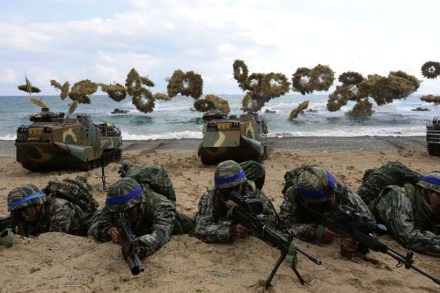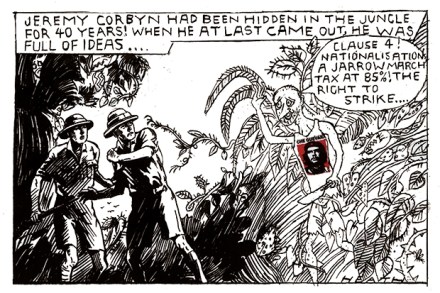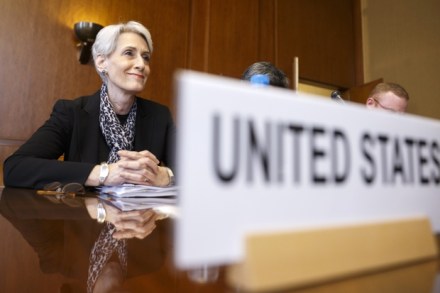Donald Trump’s plan for bombing North Korea
On several foreign policy issues, Donald Trump has toned down the campaign rhetoric now that he is in office. His administration still has concerns about the Iran nuclear deal, but it is backing away from the idea of simply ripping it up or unilaterally rewriting it. On the European Union, he is calming down too; his White House no longer says Brexit marks the beginning of the end of the European project. But on North Korea his positioning is hardening. Hence his warning that ‘if China is not going to solve North Korea, we will’. Not only does Trump want this problem fixed, but his National Security Council is already



















